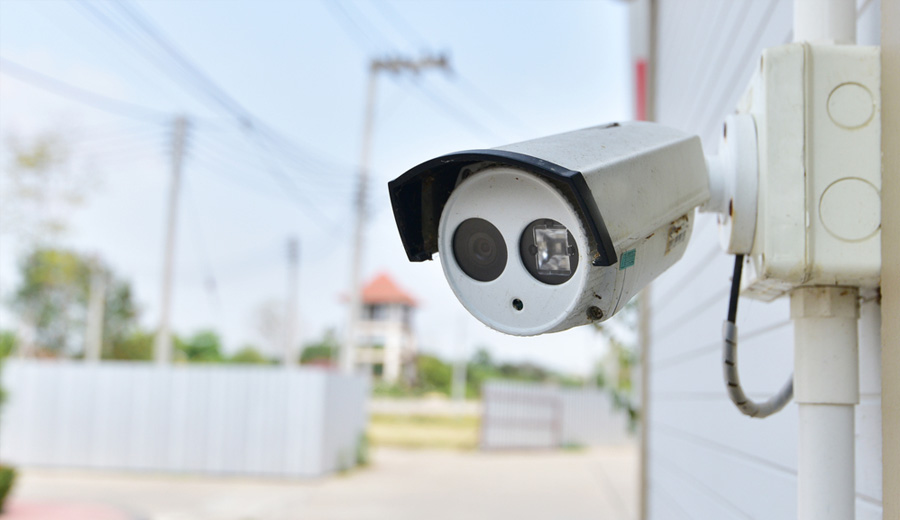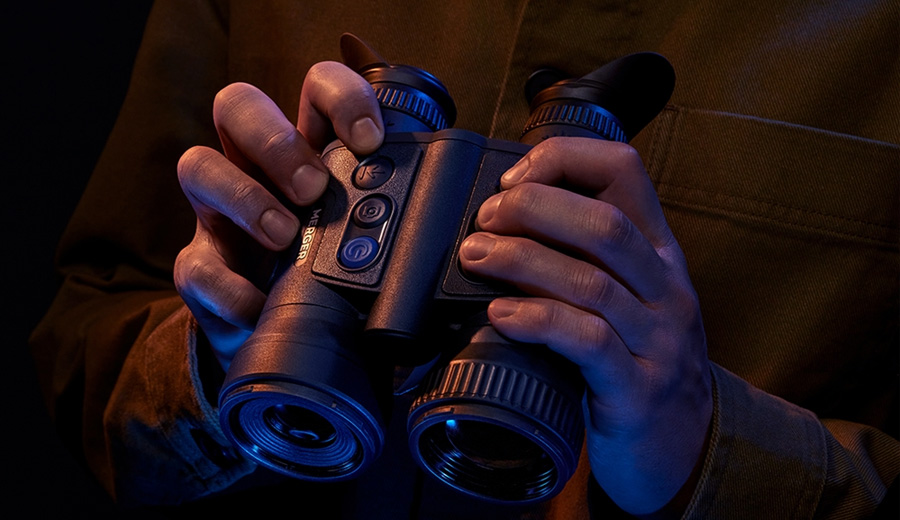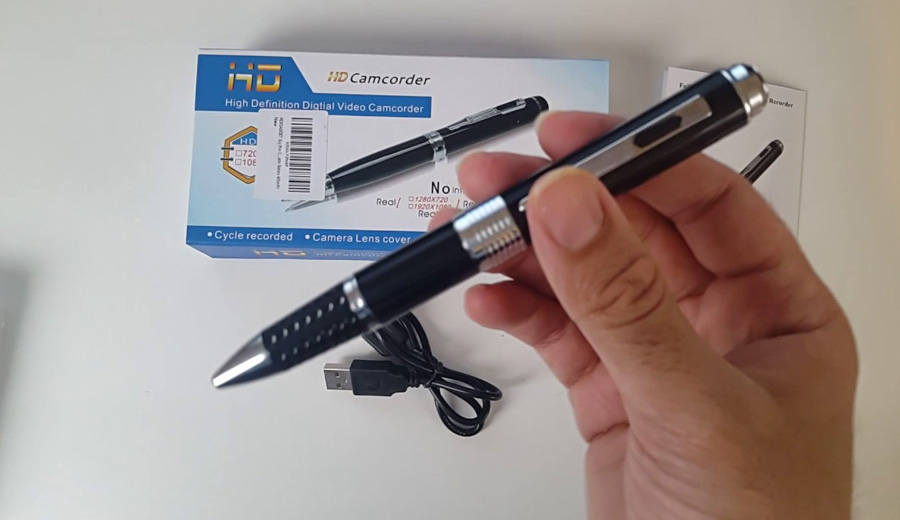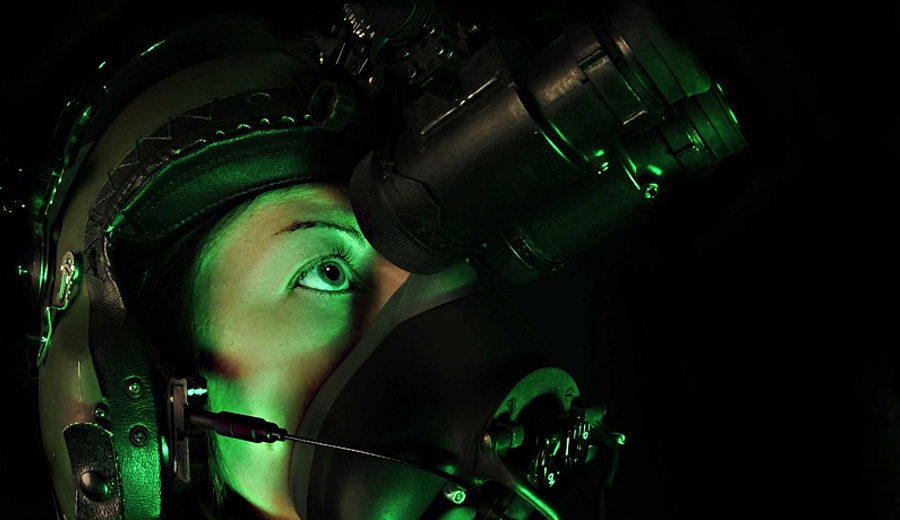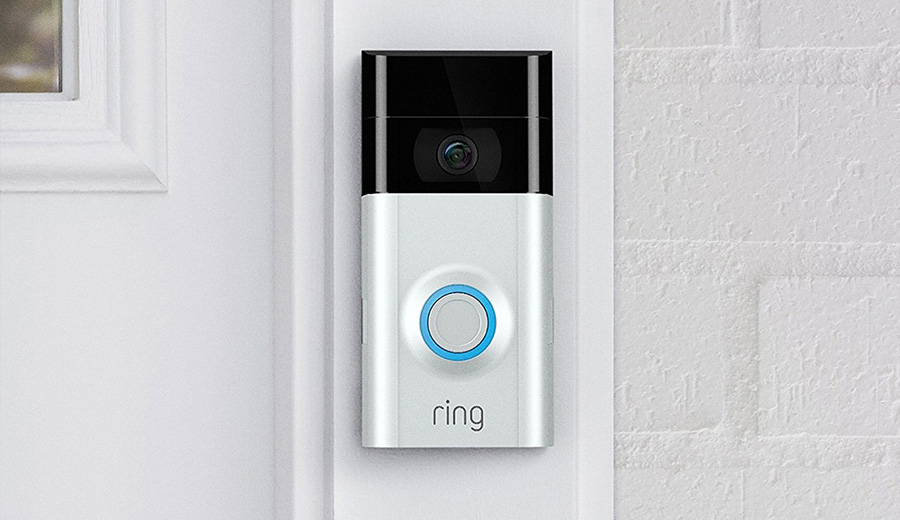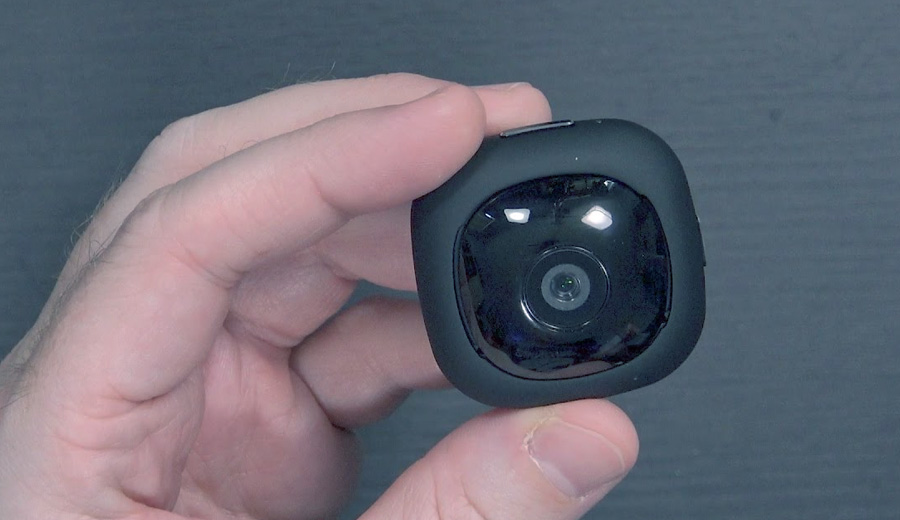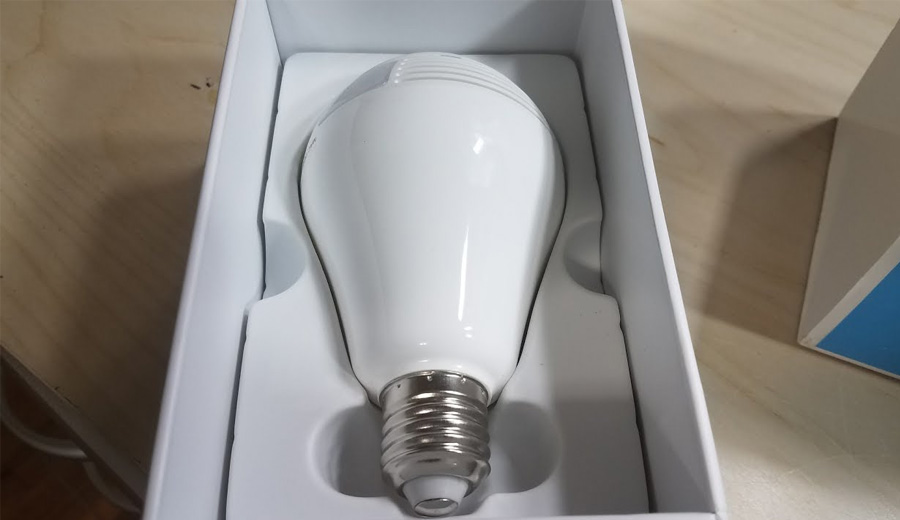Seems like everyone is getting a Wi-Fi spy or security camera to protect their homes. But believe it or not, there are still folks out there who prefer non-wifi surveillance cameras.
You might be asking, well aren’t wifi cameras better in every possible way? Turns out that there’s always a tradeoff, even when it comes to wifi cams. In this short article, we’ll take a look at the wired spy camera options and how they differ from wifi counterparts.
Will Security Cameras Work Without Wi-Fi?
The concept of surveillance cameras relying on Wi-Fi has been around for a long time. But to put it bluntly, surveillance cameras don’t require wifi to perform their duties.
Yes, it is true that most security cameras use Wi-Fi connection in some capacity. Be it completely wireless options that use batteries or solar panels to function or wired cameras that connect via wifi allowing you remote viewing possibility. However, there are still “old-school” kinds of cameras that can function normally without wireless networks.
What Types of Cameras Don’t Need Wi-Fi?
Wired Surveillance Cameras
Analog or non-Wi-Fi cameras, commonly known as wired cams, do not need a wireless connection to operate. They send signal to recording devices by physical cables, so their connection is rock solid. These can be used indoors as well or outdoors and are quite durable.
Mobile 3G/4G LTE/5G Cameras
These are more modern security cameras that connect via mobile service providers. Even though, they still connect to internet, technically they don’t use ISP, rather mobile data providers for that purpose.
They record data into micro-SD cards and store it on the cloud storage. One minus of these types of cameras is they tend to be more on the expensive side. Providers also put a limit on data transfer per month, just like with cell phone carrier plans, so you should make sure that you stay within the limits in order not to pay extra fees.
Pros and Cons of Non-Wi-Fi Security Cameras
Pros:
Reliability:
Wireless cameras are often less reliable than their non Wi-Fi counterparts. They can be affected by wireless signal interference and network problems. This makes them suitable for critical surveillance operations.
Stability:
The connection for wired cameras is more stable without the ups and downs of wireless networks. They constancy give a stable picture quality, and helps to prevent signal drops.
Privacy and Security:
Using the no Wi-Fi option also lessens the possibility of hacking and other similar problems that affect wireless cameras. This enhances the overall privacy and security of the surveillance footage, as well as your whole network.
Cons:
Limited Remote Access:
Major drawback of non-Wi-Fi cameras is that live viewing can be trickier to access remotely. For users who emphasize monitoring from remote areas, this can be a disadvantage.
Installation Challenges:
Professional assistance may be needed for the wired cameras, but only for cable routing. It is a drawback for those people who would like their devices to be more user-friendly and may not have enough expertise to setup these systems by themselves.
Flexibility:
Wired cameras are limited in flexibility compared to wireless ones. First, they’ll go as far as the cables allow them to. Second, you won’t be able to dismount and carry them to another location easily. Wireless cameras are ideal in such case, as they offer plenty of flexibility.
Conclusion
To sum it up, surveillance cameras certainly are able to work without Wi-Fi and they have many pros and cons as well. But whether one chooses a Wi-Fi or non-Wi-Fi camera is your choice really.
The specific security requirements and even which environment it will be installed in will determine what type is better to use.
With technological advancements ever-accelerating, new developments in the field of surveillance will prove more and more useful to people with their varied needs. Whether it’s the stability of wire-based cameras or the convenience of wireless ones, everyone can choose what matches their needs best.
Having said that, non-Wifi security cameras definitely have found their place in this ever-growing world of smart surveillance and people will demand safer and more reliable option as the time goes forward.

